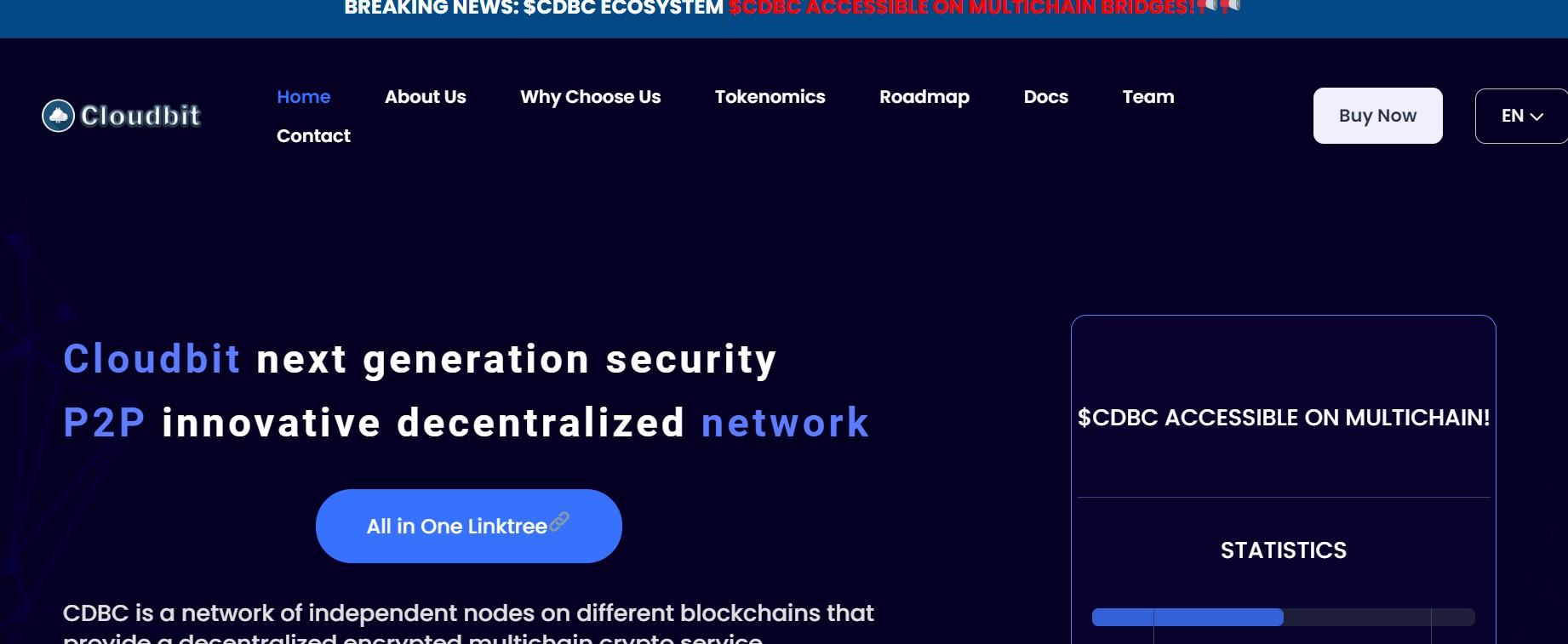In an era where the digital landscape is evolving at an unprecedented pace, the intersection of innovation and regulation has become a critical focal point for industries worldwide. At the heart of this convergence lies blockchain technology, a transformative force reshaping the very foundations of regulatory compliance. Imagine a world where transparency is not just a promise but a guarantee, where every transaction is immutably recorded, and where trust is built into the very fabric of our digital interactions. Blockchain technology, once the enigmatic backbone of cryptocurrencies, has emerged as a beacon of potential, offering unparalleled solutions to the complex challenges of regulatory adherence. As industries grapple with increasingly stringent compliance demands, blockchain stands as a revolutionary ally, poised to redefine the parameters of accountability, security, and efficiency. This article delves into the pivotal role blockchain technology plays in regulatory compliance, exploring its capacity to streamline processes, enhance transparency, and fortify trust in a rapidly changing world. Join us as we unravel the intricacies of this digital ledger technology and its profound impact on the future of compliance.
Harnessing Blockchain for Transparent Compliance
Blockchain technology is revolutionizing the way organizations approach regulatory compliance by offering an unprecedented level of transparency and security. With its decentralized ledger system, blockchain ensures that all transactions are recorded in an immutable and tamper-proof manner, providing a reliable audit trail that regulators can trust. This capability is particularly beneficial in industries where compliance is paramount, such as finance, healthcare, and supply chain management.
- Immutable Records: Every transaction is permanently recorded, preventing unauthorized alterations.
- Real-Time Monitoring: Stakeholders can access and verify data instantly, enhancing trust and efficiency.
- Cost Efficiency: By automating compliance processes, blockchain reduces the need for manual audits and paperwork.
Moreover, blockchain’s smart contracts facilitate automatic compliance checks, ensuring that all parties adhere to regulatory requirements without the need for intermediaries. This not only streamlines operations but also minimizes the risk of human error, further reinforcing the integrity of compliance efforts.
Revolutionizing Audit Trails with Immutable Ledgers
In the ever-evolving landscape of regulatory compliance, blockchain technology stands as a beacon of innovation, offering unparalleled transparency and security. Immutable ledgers, a core feature of blockchain, provide an indelible record of transactions that cannot be altered or deleted. This characteristic is a game-changer for audit trails, ensuring that every transaction is recorded with precision and can be verified at any time. By leveraging blockchain, organizations can maintain a comprehensive and tamper-proof record of their activities, which is crucial for adhering to stringent regulatory requirements.
- Enhanced Transparency: Every transaction is visible to all authorized parties, reducing the risk of fraud and errors.
- Increased Security: The decentralized nature of blockchain makes it highly resistant to hacking and unauthorized alterations.
- Efficient Compliance: Automated processes streamline the verification of compliance, saving time and resources.
These features not only bolster trust among stakeholders but also simplify the process of proving compliance to regulatory bodies. As industries worldwide continue to embrace digital transformation, blockchain technology is poised to redefine the standards of accountability and reliability in regulatory frameworks.

Smart Contracts: Automating Compliance with Precision
In the rapidly evolving landscape of regulatory compliance, blockchain technology is emerging as a transformative force. At the heart of this transformation are smart contracts, which offer an unparalleled level of precision and automation. These self-executing contracts, coded with specific compliance rules, ensure that transactions are carried out exactly as stipulated, without the need for intermediaries. This not only reduces the potential for human error but also significantly cuts down on the time and resources traditionally required for compliance checks.
Key advantages of using smart contracts for compliance include:
- Transparency: Every transaction is recorded on the blockchain, providing an immutable and transparent audit trail.
- Efficiency: Automated processes streamline compliance tasks, allowing for real-time monitoring and reporting.
- Cost-effectiveness: By minimizing the need for manual oversight, organizations can significantly reduce compliance costs.
- Security: The decentralized nature of blockchain ensures that data is secure and resistant to tampering.
By integrating smart contracts into their compliance strategies, businesses can not only meet regulatory requirements with greater accuracy but also gain a competitive edge in an increasingly digital economy.
Navigating Regulatory Landscapes with Blockchain Insights
In the evolving world of regulatory compliance, blockchain technology emerges as a transformative force, offering unprecedented transparency and security. Blockchain enables immutable record-keeping, which is invaluable for industries where compliance with regulations is critical. By providing a decentralized ledger, blockchain ensures that data integrity is maintained, reducing the risk of fraud and errors. This technology empowers organizations to maintain a real-time, auditable trail of transactions, which is particularly beneficial for sectors like finance, healthcare, and supply chain management.
- Enhanced Transparency: Blockchain’s decentralized nature ensures that all participants have access to the same data, fostering trust and accountability.
- Immutable Records: Once data is recorded on the blockchain, it cannot be altered, providing a reliable source of truth for audits and compliance checks.
- Automated Compliance: Smart contracts can automate regulatory processes, ensuring that compliance is maintained without manual intervention.
- Cost Efficiency: By reducing the need for intermediaries and manual record-keeping, blockchain can significantly lower compliance costs.
As regulatory landscapes become more complex, the ability to harness blockchain for compliance not only streamlines processes but also enhances the credibility and reliability of organizations in the eyes of regulators and consumers alike.





